By Claudia Bradley
Sarah Grace Perry is a fierce champion of the arts. Proud of her Essex roots, her world-famous novel, The Essex Serpent, is set in Victorian Essex and was adapted into a television series starring Claire Danes and Tom Hiddleston. Below her Instagram announcement of her new position as Chancellor of the University of Essex, friends and fans commented: “THEY are lucky to have YOU!”

In the middle of her busy schedule on the first day of term (9th October), Sarah devoted an hour of her time to sit with us in the Rebel studios. Excited to have her, we were keen to ask the questions we knew students had and get to know her better.
After making sure we were both comfortable, I began.
Why did you want to be Chancellor of the University of Essex?
“I felt that it’s such an honour and such a privilege—and sounded so much fun—that it would be mad to turn it down.
“I’m incredibly proud to have been born and brought up in Essex, very proud to be an ‘Essex Girl’. I’ve written a great deal about Essex, and thought about Essex a lot, and I also knew a good deal about the university’s politics and its ethos, about how inclusive it is, and how it focuses on making education accessible to as many different types of people as possible—with a great human rights record and some really interesting stuff on politics. It just felt like it was completely congruent with everything that I feel about Essex, learning, education, and community.”
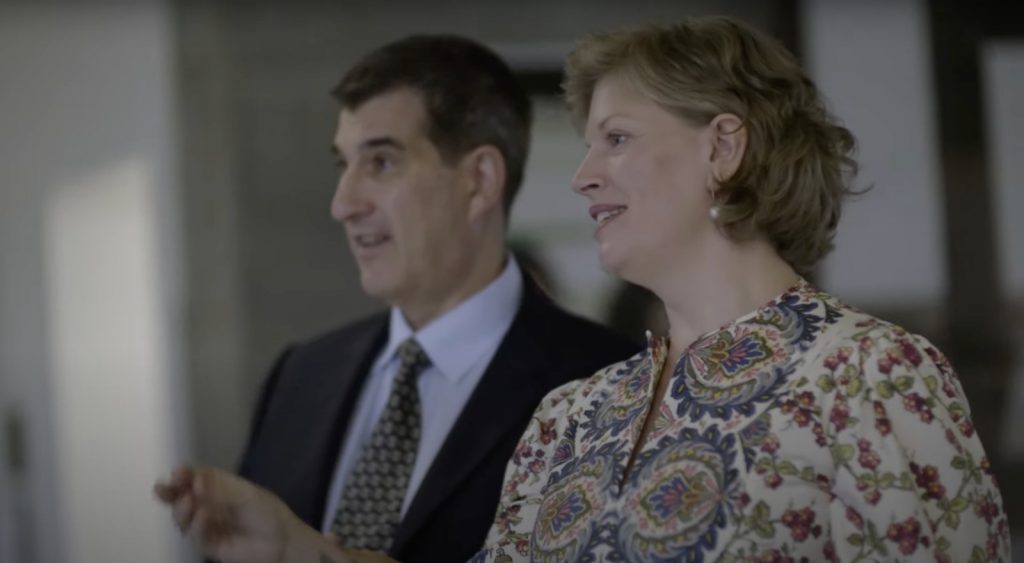
What do you hope to achieve as Chancellor?
“I would really like to do my best to encapsulate everything that the university stands for. To be somebody that is associated with the university, so much that when they see what I do, and when they hear me speak about the arts, politics, ethics and education, they know that I represent a university that shares all of those values.
“I also want to be able to inspire the students in all kinds of ways. I’m from a background that is both ordinary and strange, like most of us, and I’ve been fortunate enough to be able to make a career out of the thing that I love best.
And ive also really enjoyed having an oppoprtnity to talk to students, I was just painting a little clay leaf with some international students and domestic students earlier. And I’ts just oveyl to be able to talk to them and to hear about their feelings about the university and perhaps be able to pass that on.
You’ve spent a lot of time in Essex. How does it feel to be on our Colchester campus in particular?
“It’s an amazing campus! I’ve been trying to explain to some of my friends who don’t know much about Essex University that the campus itself is something really extraordinary and highly unusual. That it’s designed in a way to mimic piazzas in an Italian city, that means that you’re always encountering people—you can’t lock yourself away in an ivory tower, as an academic or a student, and it’s difficult to become lonely because you’re always crossing the squares and talking to each other.
“But it’s also purely Essex in that it has this extraordinary poured concrete or aluminium buildings, but it’s set in this ancient parkland, so it seems to me to do everything that I think of about Essex which is that it’s simultaneously very old with heritage, and very beautiful—but also very modern and challenging and inclusive.
“Today is the first time I’ve been on the campus when there are students here, and its wonderful. There’s a real atmosphere of excitement and study and new life and people getting to know each other, talking over their coffee and their toasties. It’s just really thrilling.”
What is it you’re excited to work with students for? In what ways do you want to work with students?
“There are some things that I feel really passionate about, that I know this University as an institution and at the level of its students also feel passionately about, and its that we know the arts and humanities are really under fire from government policy at the moment.
“I think its really telling that I’m the first University Chancellor to be appointed from an arts background, and that’s not by accident. I think now is the time to really urgently make the case for how important the arts are as an education. Not just for if you want a career in the arts, but in all forms of careers.
“What I want to try and help achieve—and I know some of this is underway already as part of University policy—is to make all degrees count, whether they are arts, data sciences, social sciences, marine biology, all of the wonderful subjects that are on offer here. They need ot count towards not only having a profession, but also inhabiting the world as an alert, empathic, engaged human individual that is part of society. And I’m really hoping that this is something we can all drive forward together.”
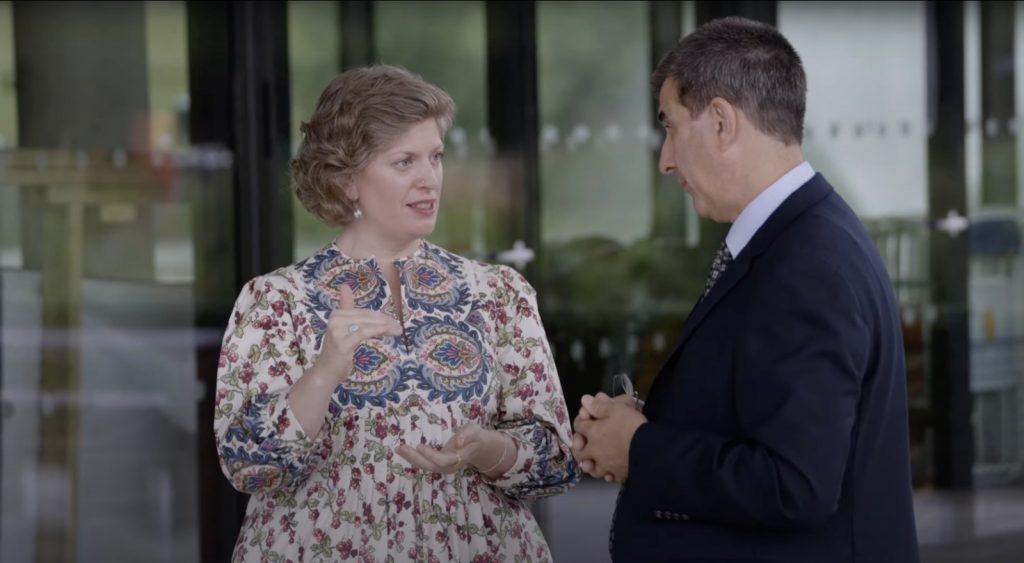
What message would you like to share with the University of Essex community as you begin your role as Chancellor?
“I was thinking about this! And I was thinking about what I could say that’s really truthful. Its really hard because if you want to say something truthful and sincere, there’s a real risk that it will sound quite trite.
“But I’ve just had a really wonderful time meeting with students who have just arrived in Essex, and in some cases only just arrived in the country. And it takes an enormous leap of faith to come to University away from your family, whether you’ve come from Wivenhoe or London, or India or Saudi Arabia. It’s an extraordinary thing to do. You’re leaving behind everything that’s familiar to pursue something that will make you grow as an independent individual and it doesn’t just grow your intellect and make you challenge what you’ve learnt, but it also changes the way that you live in the world, as an individual person.
“I was talking to a student from India who was just learning how to engage, and I just thought: “Have courage.” The world has been a very difficult place for young people in particular though the pandemic. We’ve faced terrible existential challenges to our health, to our society, to our educational institutions, and all of our students arriving here are taking a big step of courage. It’s a brave thing to do, and I think—cheesy as it probably sounds—take courage is what I’d say for now.”
What would you like to say to students who are arriving and starting their studies?
“Everything is brave. And its so easy to think that it’s easy to go to university, it’s easy to move out of your parental home, it’s easy to take on a part time job to fund your studies. It’s easy to be a mature student and choose to do something completely different. It’s easy to be a parent and choose to leave your children behind. None of these things are easy!
“It’s incredibly brave. And I just want to acknowledge that and to acknowledge how much courage it takes to do these things, and to say that Essex is the right place to be for bravery.”
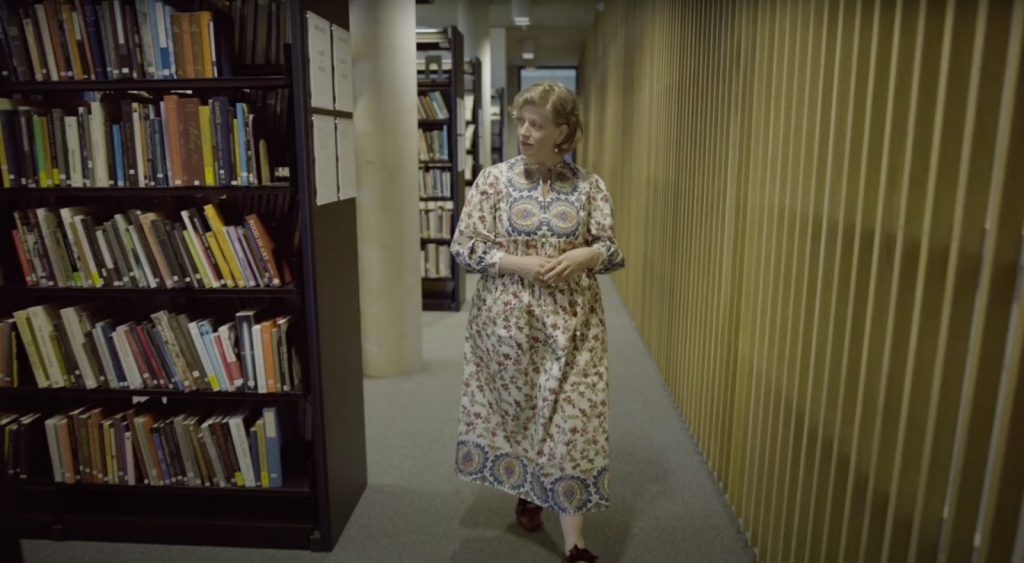
What are your views on issues that impact students, like the cost of living crisis?
“Well, the cost of living crisis is terrible for everybody, and I think it’s really important that students are included in the discourse of the cost of living crisis. Because rhetoric from the politicians tends to be ‘Hard working families this, hard working families that’. And actually, students are citizens of the country and citizens of the word, and they’re facing exactly the same challenges—rises in fuel prices, rises in rental prices, the inflation…
“One of the things that really heartens me, is that this university is thinking incredibly carefully and practically about how to support students financially. And I know students will know this already, but I urge all students who are concerned about the cost of living crisis to go directly to somebody who can signpost them to the kind of help that is on offer at the university now. Whether that’s through facilitating employment that wont interfere with their studies, seeking assistance from all sorts of costs—and it’s a challenge that I think this university is rising to, and it’s a challenge for all of us that this message gets out, that students feel empowered to ask, and know that is something they can seek help for.”
Why do you think we need to make education engaging?
“When we think about how to make education engaging, one of the things that occurs to me is to ask why students perhaps don’t attend seminars, or why they might do something like use Chat GPT or plagiarism to write their essays for them. And I think it’s really, really important not to think in terms of penalising students, but rather to think, ‘Why would they feel that’s something they need to do?’
“Because this comes down to an anxiety about their capacity to write the essay, whether or not they have got the capacity to attend a seminar—they might be exhausted from having to do a job to support their education, they might have been doing childcare in the middle of the night.
“When it comes to student engagement, what I hope and what I know is that the Student Union and university themselves need to think not just about the fact they need to drive forward engagement with learning, but also to think about what those barriers are. And always to look at it from the point of view of facilitation and giving courage, and giving power to students to engage as much as possible.
“I also think its important to consider the staff and lecturers have endured the same challenges students have. For years, lecturers have had to over rely on Zoom teaching, and I think hopefully together, students and teaching staff can work out how we continue in the wake of all the isolation and all the over-reliance on tech, and find out once again how we build that engagement, and that excitement and rapport in the classroom.”
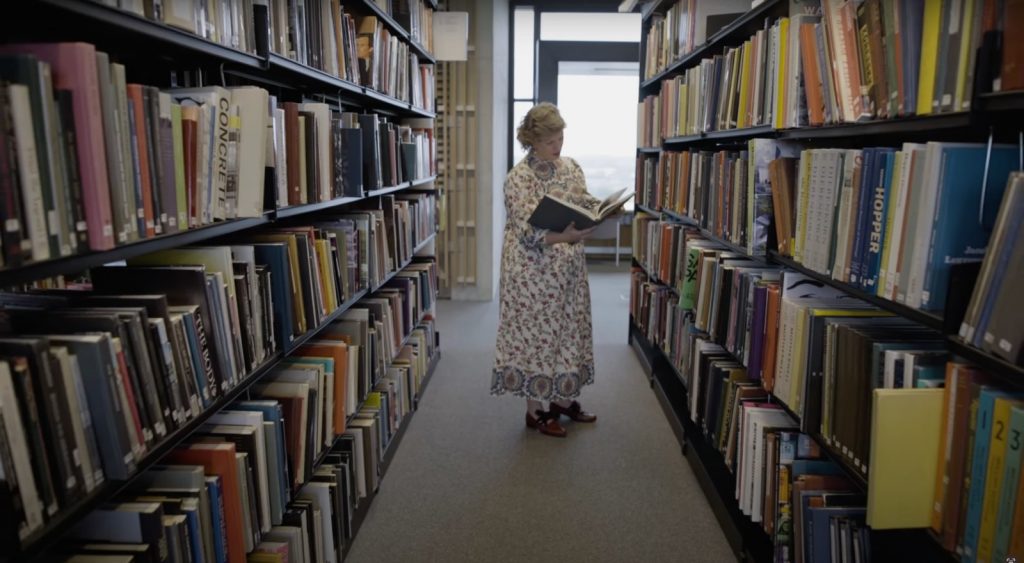
What is the value of higher education, and what more can be done to make the costs of it fair?
“This is such a good question and I always want to say: ‘What do you mean by value?’ Are we talking about pounds and pence or other ways to build value?
“I think there’s two things to think about. Firstly, I firmly believe—and I believe this because it is inarguably the case—that all forms of education are good for you in the workplace. Your degree in fine art can help you as a civil servant in housing, because you will have learnt how to assimilate new information, digest it and think about it in new ways. You will have learnt about the context of different types of materials and visual arts, and how that can be transformed into building better housing conditions in social housing. The way that the human mind responds to different shapes and different forms, and how that can be turned into different types of architectural development.
“There is no form of degree that won’t help you get a job that will earn you enough money for you to begin to pay off your student loans. I think that’s really important, and I vehemently challenge the idea that arts and humanities degrees don’t actually have commercial value, because they absolutely do.
“But—I’m now going to challenge myself and say that commercial value doesn’t matter! In an environment where you have to pay tuition fees and there’s a cost of living crisis, it’s completely natural that a student wants value for money. That makes perfect sense. But at the same time, a degree does more than enable you to earn more money.
“It builds your engagement with the world. It enlarges your heart, because it is teaching you how to empathise and how to learn about different societies and different forms of thought. It enlarges your ability to take pleasure in the world, because where you understand the world, you take pleasure in it. And so, I passionately believe in the value of higher education, both when it comes to the payslip, and when it comes to your soul.
“That’s one of the reasons that I was so keen to take on this role; to plead the case for everything that this institution does.”
How important is it that our students feel safe?
“It’s vital. And I think what really important is the word ‘feel’ safe, not just ‘are’. It might be that students are safe—that if you look at the statistics, statistically students are quite safe. Very safe on this campus. But, it’s really important that students feel safe, because if you don’t feel safe, even if you are safe, you’re going to feel anxious, perhaps disinclined to engage with activities after dark. I know that in the Student Union, its part of the big plan for 2023 that students feel safe.
“I’m really glad to see that it’s such a big priority for the union.”
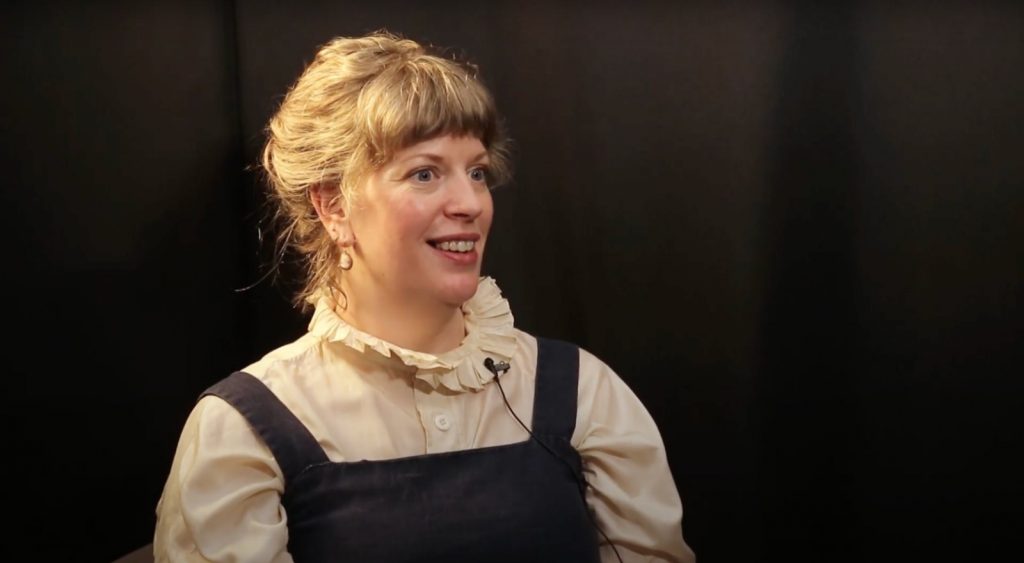
What does it mean to be a multi campus university with different potential student experiences?
“I think it’s one of those things that is both challenging—because anywhere that has campuses in different cities, quite far apart from each other, means that its not so easy to get that sense of cohesion, and I know there are efforts being made to make sure that the Loughton campus is brought more into some of the opportunities that students here have.
“But at its best, it can turn the University of Essex truly into the University of Essex, not just the Colchester university. Because one of the wonderful things about Essex is how distinct different parts of it are. Those of us who are from Essex or have spent a lot of time here will know that Leigh on Sea looks very different from Saffron Walden, Colchester looks very different from Southend. And so the multi-campus experience, really, should help people emphasise that is really is an Essex university. The seaside campus and the Roman city campus are all part of what makes Essex such a special place.
“It does mean that there are practical challenges to making sure that the people on the smaller campuses really feel on a base level that they’re part of this.”
Why are arts and humanities subjects so important?
“I just think that one of the really interesting things about Essex University in particular, and students generally, is that the more you say something doesn’t have value and the more particularly a government might suggest that something of value should be suppressed in some way, or sidelined, the more you want to do it.
“What I really hope is that the more people open their newspaper and hear that the government is once again saying that the arts have no value, the more we have the courage to say: ‘Yes it does’. And to show that it makes us better employees, great in the workplace, and better citizens of the world. I really believe that passionately, and I know that this university is going to produce arts and humanities graduates that are better citizens of the world than if they hadn’t done it.”